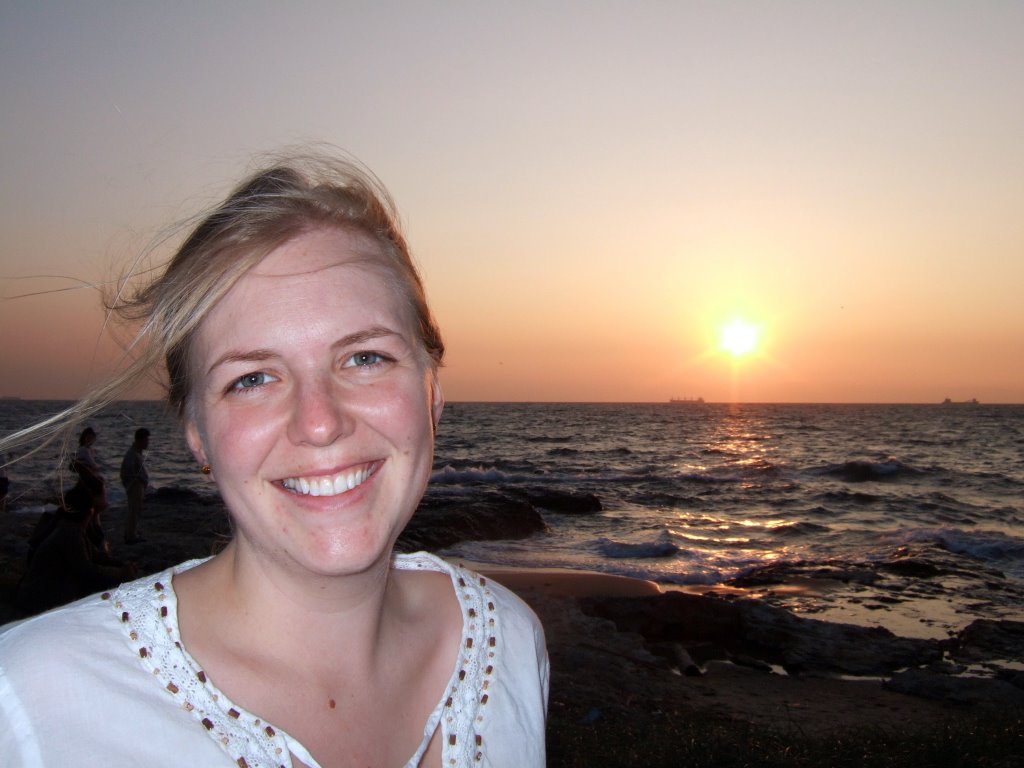A View from Gaza Watching the Israeli withdrawal from Gaza has brought back a lot of memories. The fall semester of 1997 found me in the Middle East studying Arabic and learning about regional religion, culture, and politics. The course’s political component focused on the Israeli-Palestinian conflict and altered my perception of that region forever. Though my recollection of political details has gotten foggier with time, the images of my visit to that turbulent land have scarcely faded. Crossing the border from Egypt to Israel was like Christmas morning. For the first time in over two months, the bathrooms had toilet paper and stools to sit on. The clean streets and stylish signs whispered that we were home – or something like it. I remember snippets: a bustling nighttime street lined with coffee shops and bars; a girl’s laughing face at an ice cream parlor; American accents everywhere. This was Israel. Then Gaza. Gritty. Poor. Ugly. A sea of concrete high-rises set in the dusty hills. From the window of the bus, Israeli settlements contrasted starkly with the surrounding land. Their red roofs were surrounded by big yards of green grass accented by bright blue swimming pools. Eighty percent of the precious water used by such a small group of people. We visited a university in Gaza. I remember sitting on a brick wall with my friend Amy while we were taking a break. We were surrounded – accosted, almost – by students. Men and women our age who, despite their education, had no passports and no prospects. They begged us to tell their story. I don’t think that I ever told their story satisfactorily. I still think of them. As I now sit at my desk in yet another foreign country, I wonder how many of them will ever leave Gaza. I wonder how many of them I’ve seen on television. I wonder how many of them are dead. This pullout gives me hope. The Palestinians are faced with steep challenges: poverty, incomprehensible unemployment, virtually no natural resources, lack of control over their own borders. But none of this is new. What’s new is that a thirty-year-old Gazan can stand on the beach for the first time. There are no settlers walking the streets with guns and impunity. There are no soldiers. Hope is a fragile little creature. I pray that it remains in this broken bit of land.
Labels: Current Events


0 Comments:
Post a Comment
Subscribe to Post Comments [Atom]
<< Home